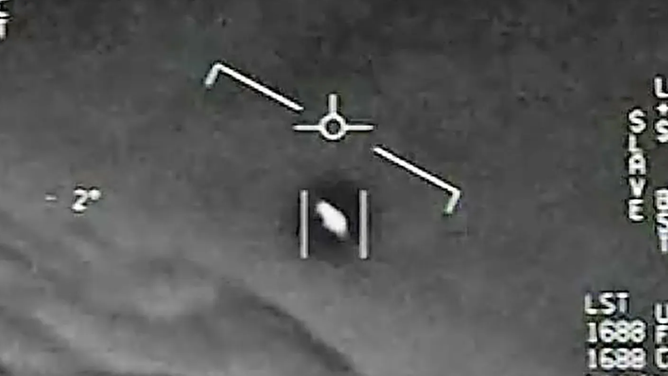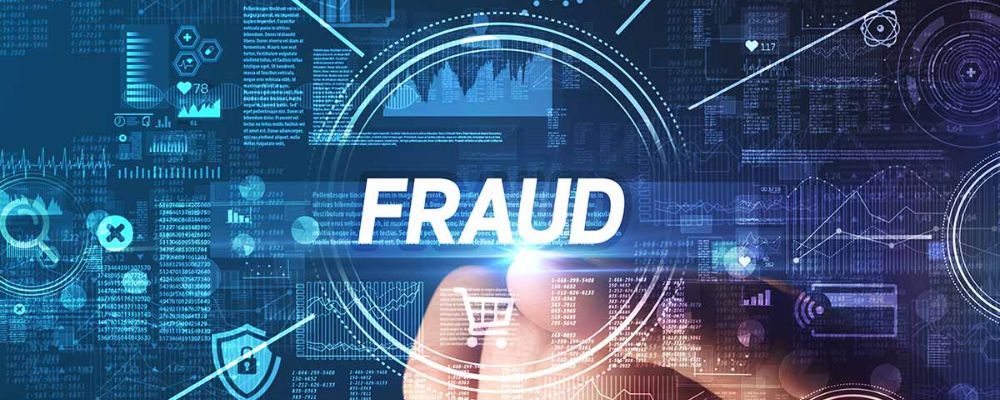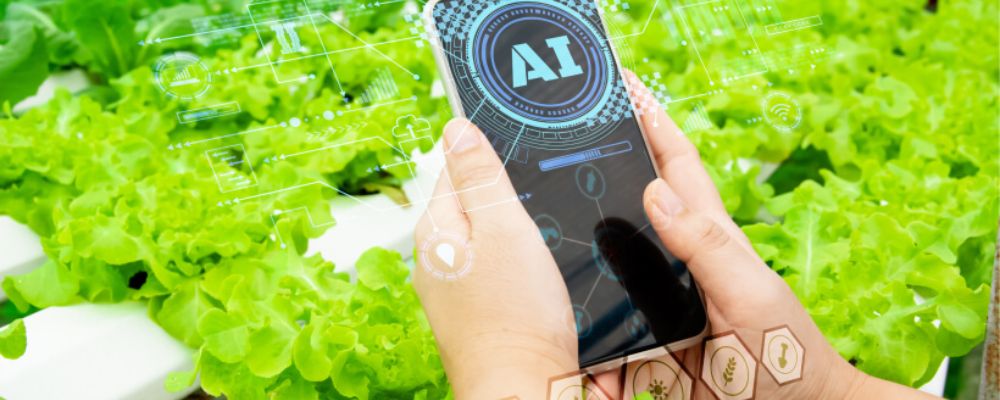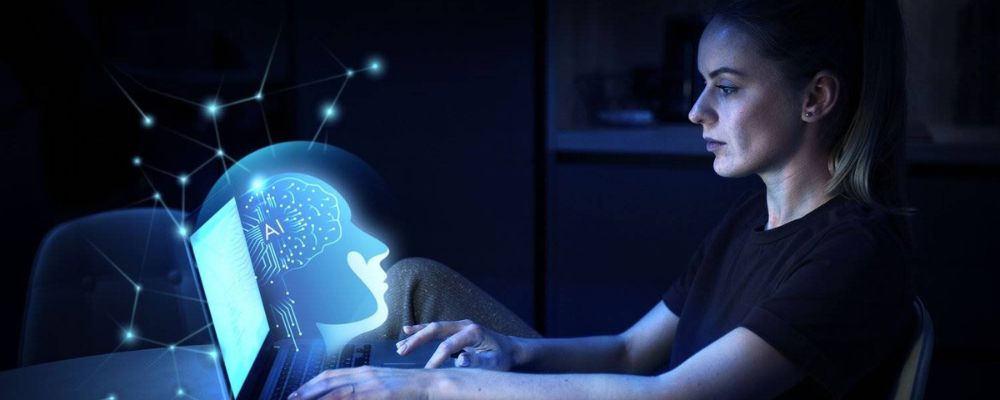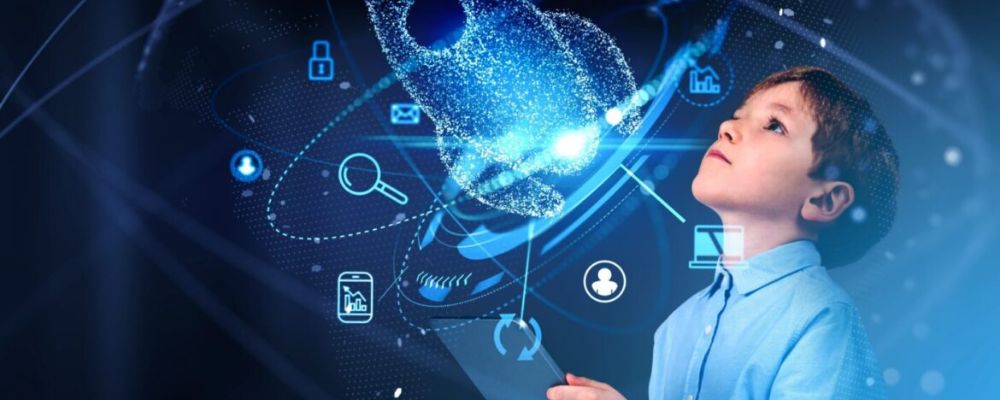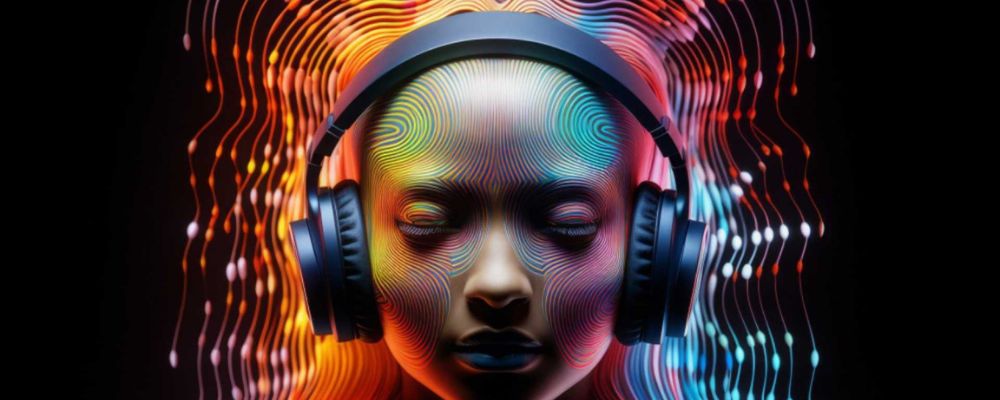
In today’s tech-driven world, AI-generated music is reshaping the boundaries of creative expression and artificial intelligence. With AI algorithms making significant strides, the landscape of music composition is evolving rapidly. This blog explores the transformative impact of AI on music, the implications for human creativity, and the exciting possibilities that lie ahead.
Understanding AI-Generated Music
What is AI-Generated Music?
AI-generated music involves using artificial intelligence to compose music. Unlike traditional methods, which rely on human intuition and creativity, AI employs machine learning and neural networks to analyze vast amounts of musical data. These algorithms identify patterns and generate original compositions, from melodies to harmonies, entirely based on data-driven insights.
How Does AI Create Music?
AI systems create music through several innovative techniques:
- Generative Adversarial Networks (GANs): These consist of two neural networks working in tandem. One network generates music, while the other evaluates it. The process continues until the music meets a predefined quality standard.
- Reinforcement Learning: In this approach, AI agents learn to compose by receiving feedback on their outputs. This iterative process helps refine the music over time.
- Deep Learning: AI models use deep learning algorithms to process and learn from extensive datasets of music, enabling them to produce compositions that mimic specific styles or genres.
The Impact of AI on Human Creativity
Enhancing Creative Possibilities
AI-generated music brings numerous benefits to the creative community. For instance, musicians can explore new styles and experiment with unconventional sound combinations. AI can help artists streamline the composition process, allowing them to focus on refining and perfecting their work. Moreover, this technology enables artists to push the boundaries of traditional music, leading to innovative and unique creations.
The Debate: AI vs. Human Creativity
The rise of AI in music raises questions about the role of human creativity. Critics argue that AI lacks the emotional depth and intuitive understanding that human composers bring to their work. They believe that while AI can generate technically proficient music, it may lack the personal touch that resonates with listeners. On the other hand, proponents argue that AI can serve as a powerful tool that complements and enhances human creativity. By offering new perspectives and suggestions, AI can inspire artists and expand their creative horizons.
The Future of AI in Music
Advancements in AI Music Composition
The future of AI in music holds exciting potential. Ongoing research is focused on improving the quality of AI-generated music and enhancing the ability of AI to mimic various genres. Innovations in AI technology are also exploring the integration of AI with virtual reality (VR) and augmented reality (AR). These advancements could create immersive musical experiences, where AI compositions interact dynamically with VR and AR environments.
AI and Human Collaboration
Looking ahead, the collaboration between AI and human musicians may become more prevalent. AI could assist in the composition process by offering creative suggestions and generating preliminary ideas. This partnership has the potential to lead to a new era of music creation, where technology and human artistry work together to produce groundbreaking and emotionally resonant music. As AI continues to evolve, its role in the creative process will likely expand, providing new opportunities for collaboration and innovation.
Conclusion
AI-generated music represents a significant leap in the world of creative expression. As artificial intelligence technology advances, its impact on music composition will grow, offering new ways to create and experience music. While the debate over AI’s role in human creativity continues, it is clear that this technology has the potential to revolutionize the music industry. Embracing AI’s capabilities can lead to a richer, more diverse musical landscape where technology and human creativity coexist and thrive.
As we look to the future, the intersection of AI and music promises to be a dynamic and exciting field. Whether through enhancing artistic possibilities or fostering new forms of collaboration, AI-generated music is set to play a transformative role in the world of creativity.


